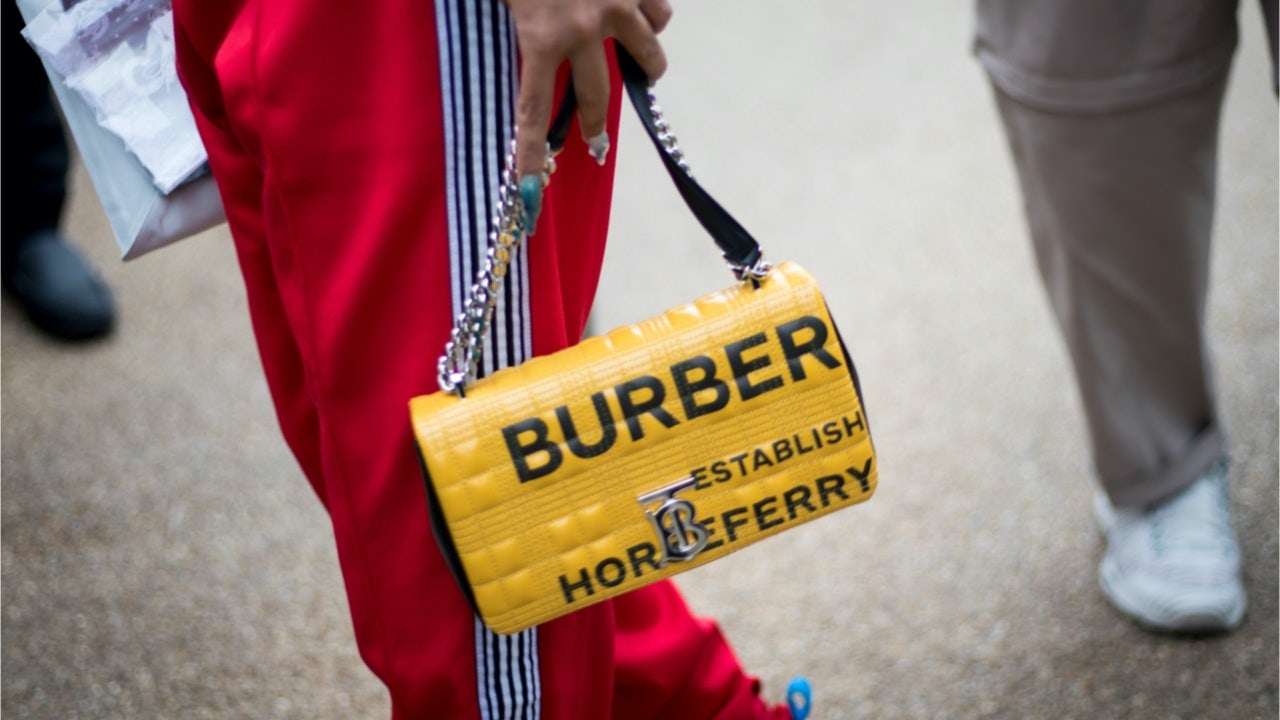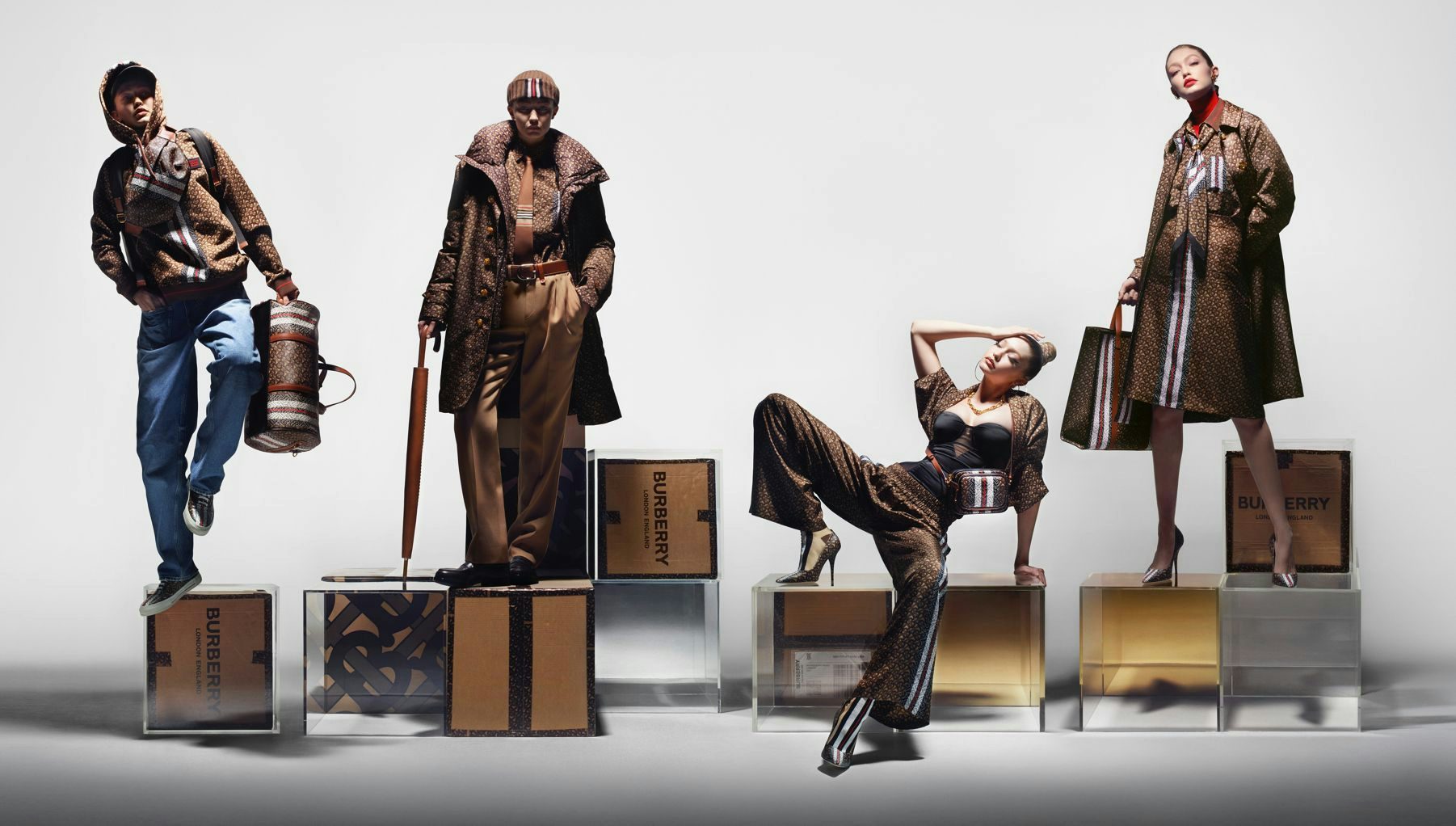This morning saw British super brand Burberry report strong H1 results, despite continued unrest in Hong Kong shaking profits in the region. Hong Kong revenue dropped from 8 percent to 5 percent of global sales for Burberry in H1, with the brand claiming the significant decline was largely driven by a fall in mainland Chinese tourists.
As protests in the former British colony continue, Burberry said its sales in Hong Kong declined by a “double-digit” figure, and it took a £14 million impairment charge against its stores there.
Burberry, which has 12 stores in Hong Kong, said this slump in sales will not result in the permanent closure of Hong Kong stores but that many stores have had to be temporarily closed during the protests “for the protection of its staff,” according to Chief Operating and Financial Officer, Julie Brown in a call with media this morning.
Brown reiterated that the decline in Hong Kong was not due to the violent effects of the protests — stating no store or product damage — but rather because of a distinct lack of mainland Chinese tourists. Burberry, therefore, remains optimistic, expecting “an element of repatriation of tourist consumers into mainland China and Korea.”
And indeed, despite this significant headwind in Hong Kong, globally Burberry’s pre-tax profits rose 11 percent to £193 million for the six months to September, while revenue increased five percent to £1.28 billion. In mainland China, sales grew by a "mid-teen percentage" with the brand continuing to localize its China communications. As part of its campaign for Chinese Valentine’s Day, Qixi, Burberry gained over 200 million views across Chinese social media platforms and contributed to strong double-digit quarter-on-quarter growth in its WeChat engagement rate in Q2.
This optimism is supported by the announcement today of an exclusive partnership between Burberry and the Chinese technology powerhouse, Tencent, to develop social media retail in mainland China. The first step of the partnership will be for Burberry to open its first "social retail store" in Shenzhen, powered by Tencent technology. The store is expected to open in the first half of 2020, in the new MixC Shenzhen Bay development. The store will offer unique experiences that connect luxury customers’ social and online lives to their physical environments. According to Burberry, this will be a unique space to test and learn, serving as a laboratory to trial innovation that can be expanded to the rest of the Burberry network in China.
Marco Gobbetti, Chief Executive Officer at Burberry commented, “Social media is becoming such an important part of the luxury customer journey, particularly in the inspiration phase, and retail needs to keep pace with this. Continuing our history of innovation, we wanted to explore the connection between these touchpoints by merging social media and the store experience to reflect the way luxury customers are engaging with brands. China was the obvious place to start as it is one of the leading hubs for innovation and technology and Chinese consumers are some of the highest users of social media. We are thrilled to be partnering exclusively with Tencent on this pioneering project which is an example of the step-change in our ambitions for the next phase of our transformation.”
Burberry has noticeably been focusing its efforts on mainland China in recent months in an attempt to cushion the effects of Hong Kong’s declining sales. At Riccardo Tisci's celebrated Spring/Summer 2020 show, the brand actively targeted the Chinese consumer by harnessing the power of its Chinese brand ambassadors, including singer Kun Chen, actress Dongyu Zhou, and rapper Lucas Huang.
Despite exciting advances in mainland China, today’s results suggest that political turmoil in Hong Kong creates an uncertain future for many luxury brands in the Asia Pacific region. Now, with Tencent in tow, Burberry will be looking to avoid the worst of the negative impact.
Meanwhile, back in Hong Kong, and according to the brand, Burberry is currently pursuing rental renegotiations with landlords in the hopes of boosting profit margins and are switching focus to local clientele and pursuing local business. At least for the foreseeable future, mainland Chinese tourists will be looking to buy the iconically British brand elsewhere.

